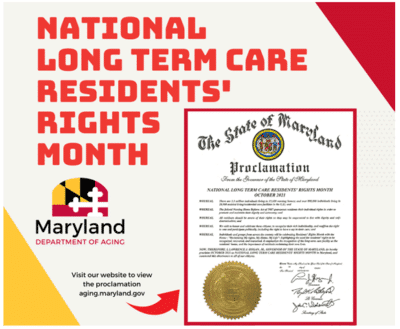
Private duty nursing is a form of care provided by licensed nurses. Private duty nurses are either LPNs/LVNs and can include RNs. Private duty nursing offers many benefits. Private duty nursing has many advantages. Patients are given one-on-one care and caregivers can be more flexible about their schedules. However, there are also drawbacks. Below are some of the cons associated with private duty nursing.
It was a flexible job
Private duty nursing was once a great option to a full-time job. Hospitals did not often offer nurses permanent jobs. Instead they hired them per-diem, so that they could work whenever needed. This system was designed to keep costs down while still having adequate staffing levels for the patients they serve. The per-diem approach was dissatisfying for private duty nurses so many stayed in private-duty.
It was viewed as wasteful of professional nurse resources
In the past, private duty nursing was a practice that many nurses considered to be a waste of professional nurse resources. Private duty nursing is now more common in healthcare. Many organizations have outlawed private duty nursing and nurse unions are speaking out against it. The reason for the shift in opinion is as simple as lack of staffing and the availability of resources in drug rooms.
It's still very popular today.
Private duty nursing is a form of unpaid care, despite in-home care becoming more popular. Although clients pay for private nursing services out of their own pockets and insurance will cover them according to their specific medical needs, the majority of clients are covered by their insurance. Some insurance plans will pay for the entire care arrangement if the client requires medication only once a day. If the client stops requiring medical attention, the insurance will stop covering any further nursing services.
